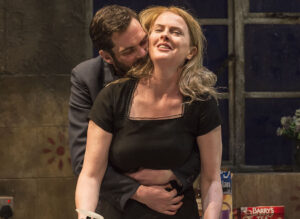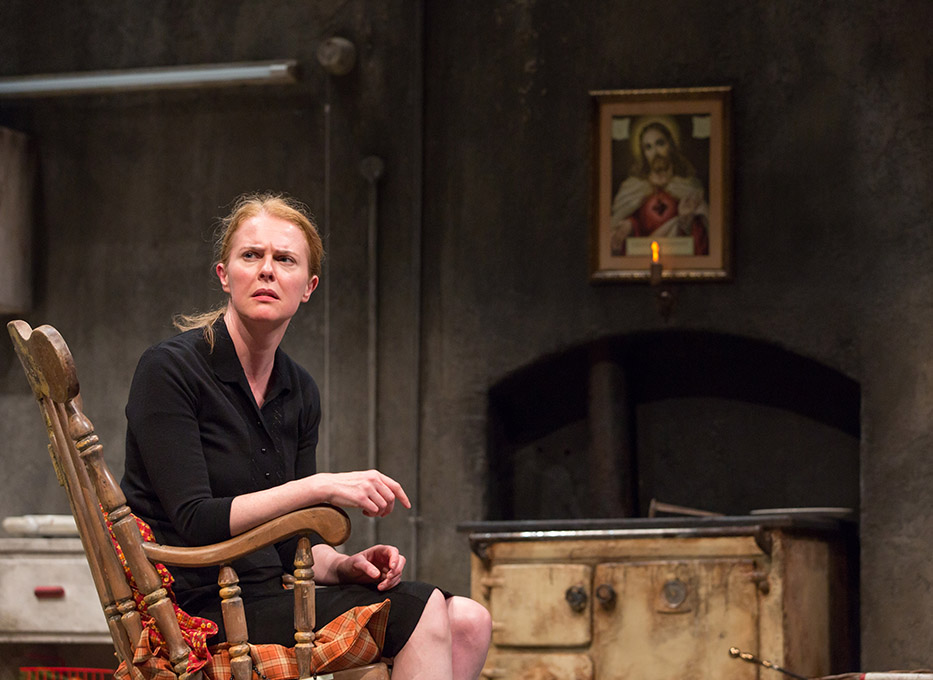Share This:
October 22, 2014 | Theatre,
Sacred Storytelling
This summer I had my own little version of Eat, Pray, Love—except mine was a little more like Eat, Fight Off Mosquitos, and Manual Labor in the Hot Sun. Despite the bug bites, I backpacked around Southeast Asia deliriously happy, first working on an elephant reservation and then trying to see as much as I possibly could. What I found most special about my adventure was the real and present desire of everyone I met to share stories and beliefs with not only their community but even with new faces like mine. From nothing but dipping my toes in this other corner of the world, I was overwhelmed by a culture of inclusion, this practice of stopping to share. No matter where you are from or where you are going, we are all connected in the most basic way, if not by the stories themselves, then by the practice of sharing them, and across a vast cultural divide it was the storytelling that allowed me understand and take part in the experience of another world. This experience is exactly what Jean-Claude Carriere brings in his retelling of the epic, The Mahabharata.
 Corey with Jokia in Chiang Mai, Thailand
Corey with Jokia in Chiang Mai, Thailand
The history of South and Southeast Asia is a constellation of interactions between foreign powers, of rich and diverse cultural practices, of art and architecture and war and celebration. From the stone tools found in Malaysia from the Paleolithic Era to the records of trade routes of China and India, we see the stories of people through their craft still today. One of the most vital historical records of this storytelling practice is The Mahabharata. Sometimes known as the longest poem ever written, this cornerstone of Asian literature falls in line with the other works that make up the foundations of our global culture still today—Shakespeare, Homer, the Bible, the Qur’an, etc. Chronicling the epic narrative of the Kaurava and Pandava princes, and the Kurukshetra War, the Mahabharata also sets down the “goals of life.”
Fast Facts of the Mahabharata:
-One of two major Sanskrit texts of ancient India
-Writing traced back to as long ago as before 400 BCE
-1.8 billion words
-Roughly the length of ten times the length of the Odyssey and the Iliad combined
-Purportedly to have been composed in a cave in Uttarakhand
This production began in 1985 with Peter Brook. Carriere then joined Brook for 8 years working on the film version, and Carriere now returns to the stage to present a piece of this epic. Here is a chance to hear one of our generation’s greatest storytellers tell a tale with which he’s now spent years and years.
Don’t miss The Mahabharata playing at the Paramount Center October 25 and 26th.





Leave a Reply